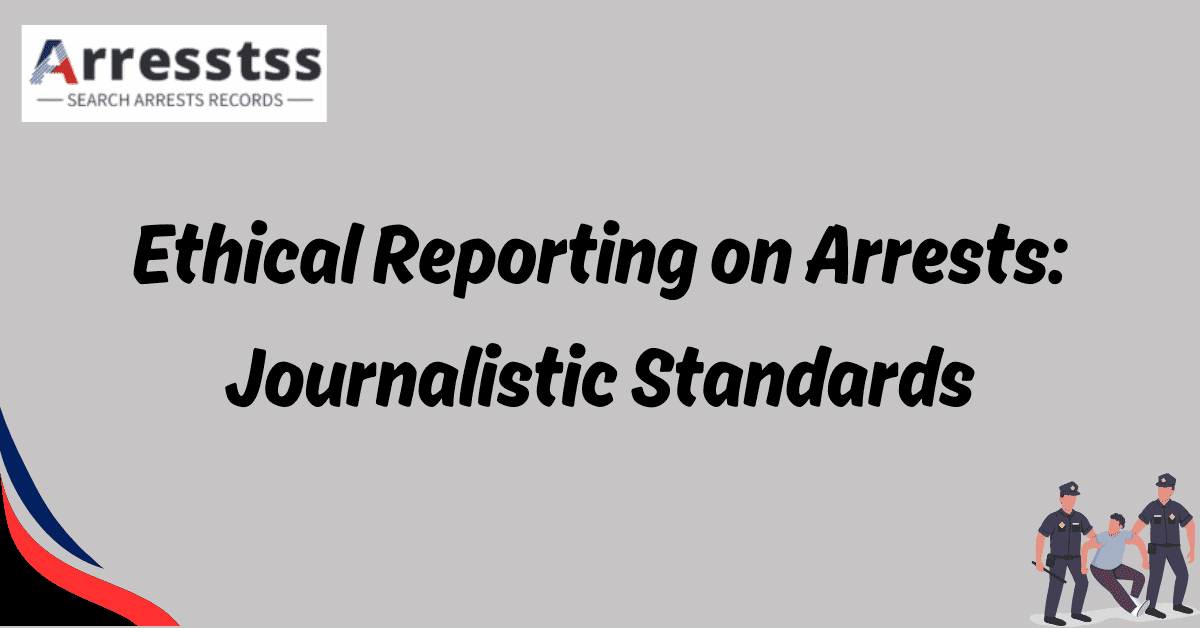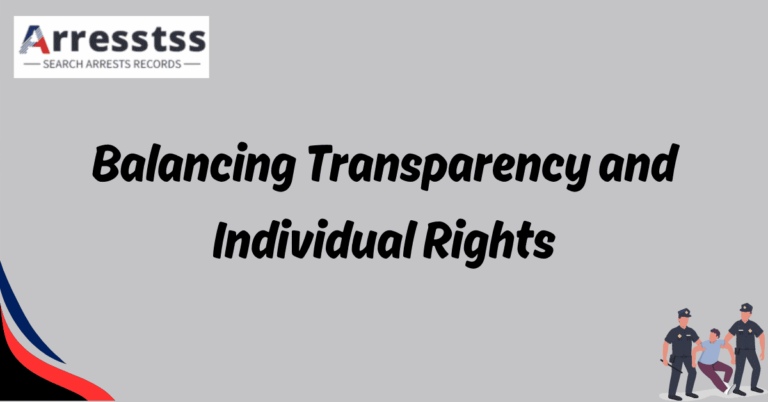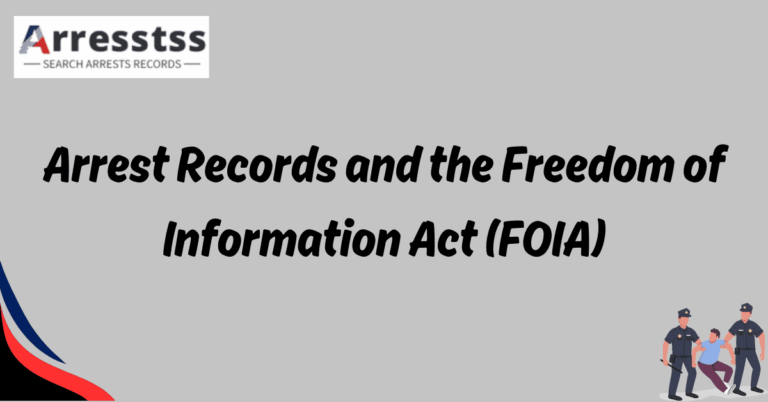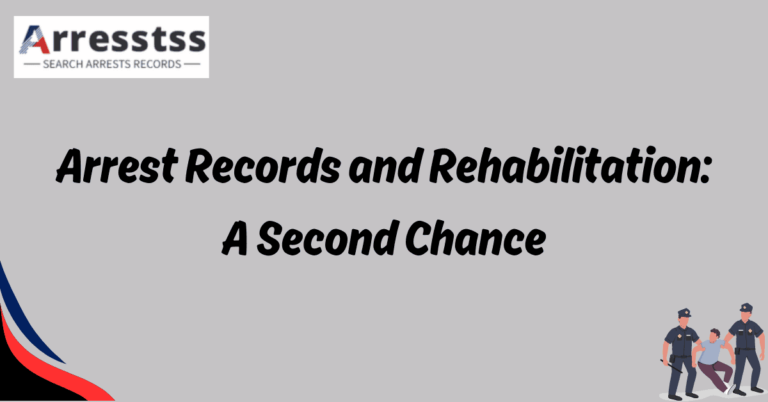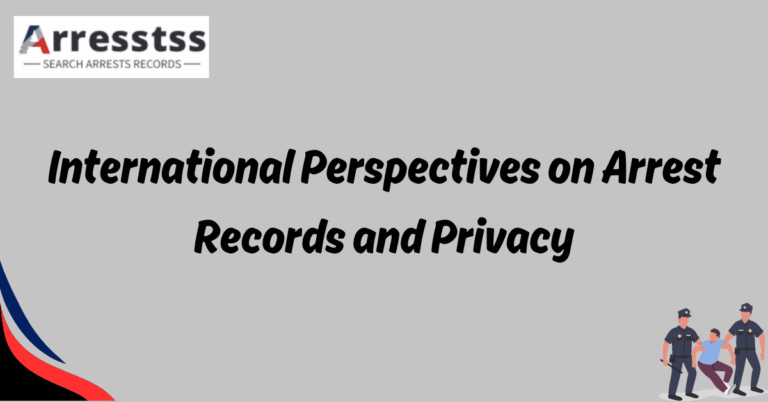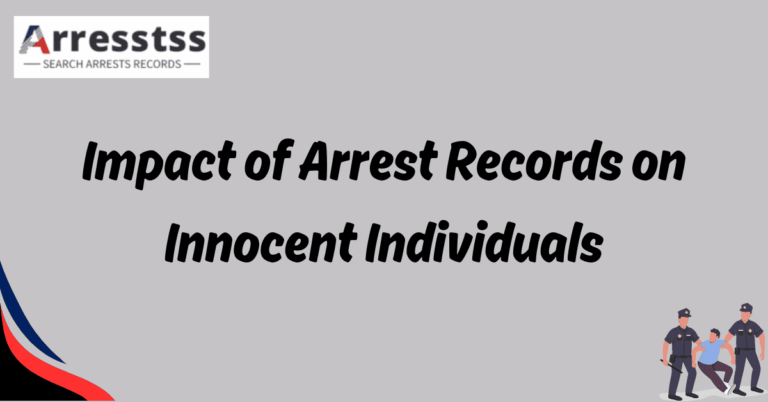Ethical Reporting on Arrests: Journalistic Standards
Importance of Ethical Reporting
Ethical reporting is an essential aspect of journalism, as it plays a crucial role in ensuring that accurate and unbiased information is presented to the public. Reporting on arrests is one particular area that requires ethical consideration, as it can significantly impact the reputation and privacy of individuals involved. In this article, we will explore the ethical guidelines that journalists should adhere to when covering arrest incidents.
Maintaining Objectivity and Avoiding Sensationalism
When reporting on arrests, journalists must strive to maintain objectivity and avoid sensationalism. It is their responsibility to provide factual information without making assumptions or passing judgment. By focusing on the facts, journalists can help the public understand the circumstances surrounding an arrest and make informed opinions. Sensationalizing arrests can lead to biased reporting and can harm the reputation of individuals involved.
Respecting Privacy and Dignity
Respecting the privacy and dignity of individuals involved in an arrest is of utmost importance. Journalists should refrain from using excessive or unnecessary details that may harm the reputation or invade the privacy of those arrested. It is crucial to remember that everyone is innocent until proven guilty, and their rights should be upheld throughout the reporting process. By respecting privacy and dignity, journalists can maintain the trust of their audience and uphold ethical reporting standards.
Focus on Accuracy and Fact-checking
Accuracy is paramount when reporting on arrests. Journalists should ensure that the information they provide is verified and fact-checked. It is essential to cross-reference information from reliable sources and avoid spreading misinformation. By prioritizing accuracy, journalists can maintain credibility and ensure that the public receives reliable information.
Promoting Informed Opinions
One of the key objectives of ethical reporting on arrests is to help the public form informed opinions. Journalists should present the facts in a clear and unbiased manner, allowing readers to assess the situation critically. By providing comprehensive and well-researched information, journalists contribute to a more informed society.
FAQ’s
When reporting on arrests, journalists must prioritize ethical considerations to ensure accurate and unbiased information is presented to the public. The following are some key ethical considerations:
Objectivity: Journalists should strive to maintain objectivity and avoid sensationalism when reporting on arrests. They should present factual information without making assumptions or passing judgment.
Privacy and Dignity: Respecting the privacy and dignity of individuals involved in an arrest is crucial. Journalists should refrain from using excessive or unnecessary details that may harm the reputation or invade the privacy of those arrested.
Presumption of Innocence: It is essential to remember that everyone is innocent until proven guilty. Journalists should uphold this principle and not present the arrested individuals as guilty before they have had their day in court.
Rights of the Arrested: Journalists should ensure that the rights of the arrested individuals are upheld throughout the reporting process. This includes providing them with the opportunity to present their side of the story and not unfairly portraying them.
By adhering to these ethical considerations, journalists can contribute to responsible journalism and provide the public with accurate and unbiased information regarding arrests.
Maintaining objectivity is crucial when reporting on arrests to provide the public with unbiased information. Journalists can follow these guidelines to maintain objectivity:
Stick to the Facts: Journalists should focus on presenting the facts related to the arrest. They should avoid speculating or making assumptions that can influence public opinion.
Multiple Perspectives: Journalists should provide multiple perspectives on the arrest incident. This can include gathering information from law enforcement, witnesses, and legal experts to present a balanced view.
Avoid Sensationalism: Sensationalizing an arrest can lead to biased reporting. Journalists should refrain from using sensational language or imagery that may distort the public’s perception of the incident.
Verify Information: Journalists should verify all information before reporting it. This includes cross-checking facts, confirming sources, and avoiding relying solely on unverified or unreliable information.
By following these practices, journalists can ensure that their reporting on arrests is objective and provides the public with a comprehensive understanding of the situation.
Respecting the privacy and dignity of individuals involved in an arrest is crucial for several reasons:
Presumption of Innocence: Respecting privacy and dignity upholds the principle of “innocent until proven guilty.” By not prematurely exposing personal details or stigmatizing individuals, journalists can help maintain this fundamental right.
Preventing Unnecessary Harm: Excessive or unnecessary details in reporting can harm the reputation and emotional well-being of those arrested, as well as their families. Respecting privacy and dignity minimizes the potential negative impact on individuals’ lives.
Protecting Personal Information: Revealing sensitive information about those arrested can lead to identity theft, harassment, or other forms of harm. Respecting privacy helps safeguard individuals from such risks.
Professional Integrity: Respecting privacy and dignity demonstrates a commitment to ethical journalism. It allows journalists to maintain their professional integrity and gain the trust of their audience.
By respecting privacy and dignity, journalists can uphold ethical standards, protect individuals’ rights, and contribute to a responsible reporting culture.
Ensuring accuracy when reporting on arrests is essential to provide the public with reliable information. Journalists can employ the following practices to maintain accuracy:
Verify Sources: Journalists should verify the credibility and reliability of their sources before reporting information. This includes cross-checking information from multiple sources to ensure accuracy.
Fact-Checking: Journalists should fact-check all information to ensure its accuracy. This involves verifying details such as names, dates, and events through independent sources.
Use Official Statements: When possible, journalists should include official statements from law enforcement or relevant authorities to provide accurate information regarding the arrest.
Seek Expert Opinion: Journalists can consult legal experts or professionals familiar with law enforcement procedures to ensure accurate reporting on the arrest process.
By following these practices, journalists can maintain accuracy and provide the public with reliable information regarding arrests.
Journalists have several responsibilities when reporting on arrests:
Factual Reporting: Journalists must provide accurate and factual information about the arrest incident. They should avoid speculation or presenting unverified information as truth.
Objectivity: Journalists should strive to maintain objectivity and avoid personal biases when reporting on arrests. They should present different perspectives and allow the audience to form their own opinions.
Respect for Privacy: Journalists should respect the privacy and dignity of individuals involved in an arrest. They should refrain from revealing unnecessary personal details that may harm their reputation or invade their privacy.
Upholding Legal Rights: Journalists should ensure that the legal rights of the arrested individuals are upheld throughout the reporting process. This includes allowing them to present their side of the story and not unfairly portraying them.
Responsible Reporting: Journalists should be mindful of the potential impact their reporting may have on individuals and society as a whole. They should prioritize responsible reporting that contributes to the public’s understanding of the arrest incident.
Conclusion
In conclusion, ethical reporting on arrests necessitates a commitment to accuracy, objectivity, and respect for individuals’ privacy and dignity. By adhering to these journalistic standards, reporters can ensure that their coverage is informative and unbiased and upholds the principles of responsible journalism. It is essential for journalists to recognize the impact their reporting can have on individuals’ lives and to prioritize ethical considerations in their work.

